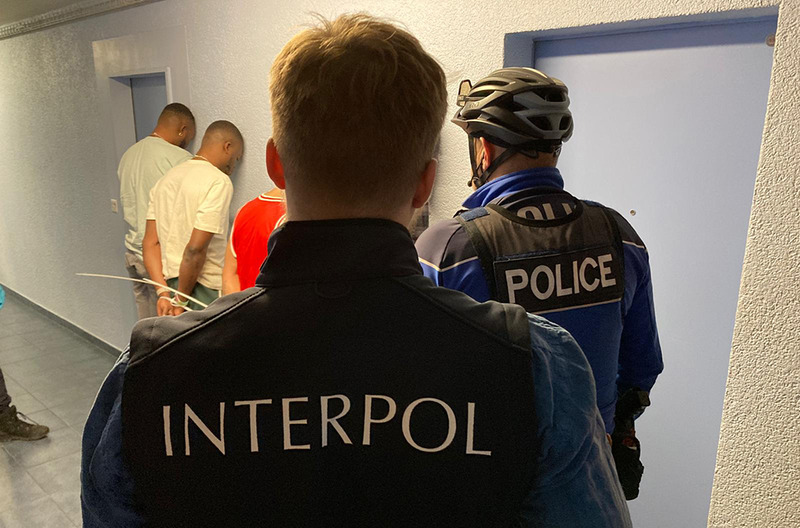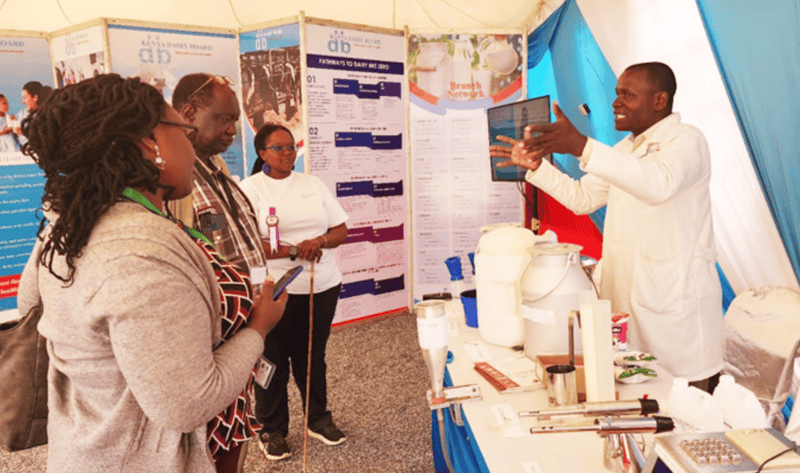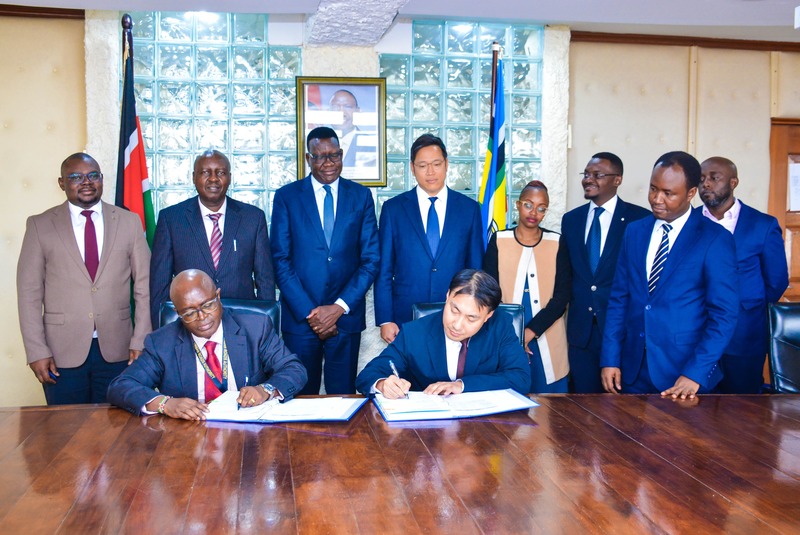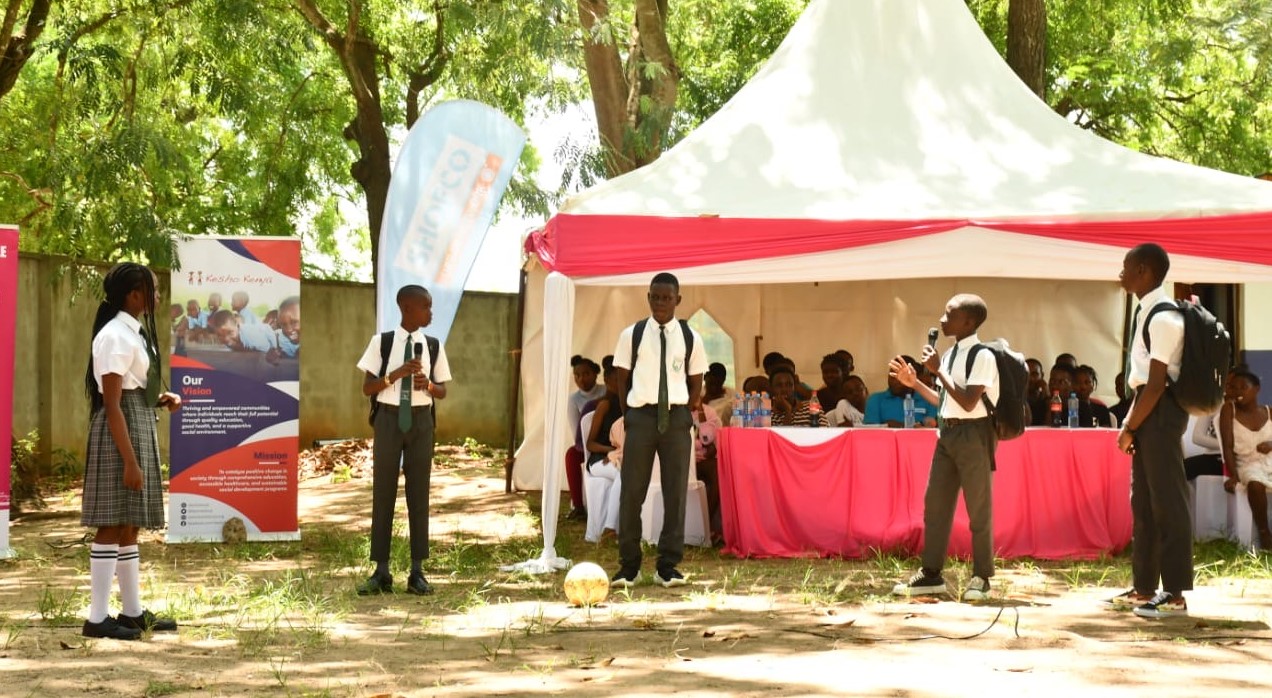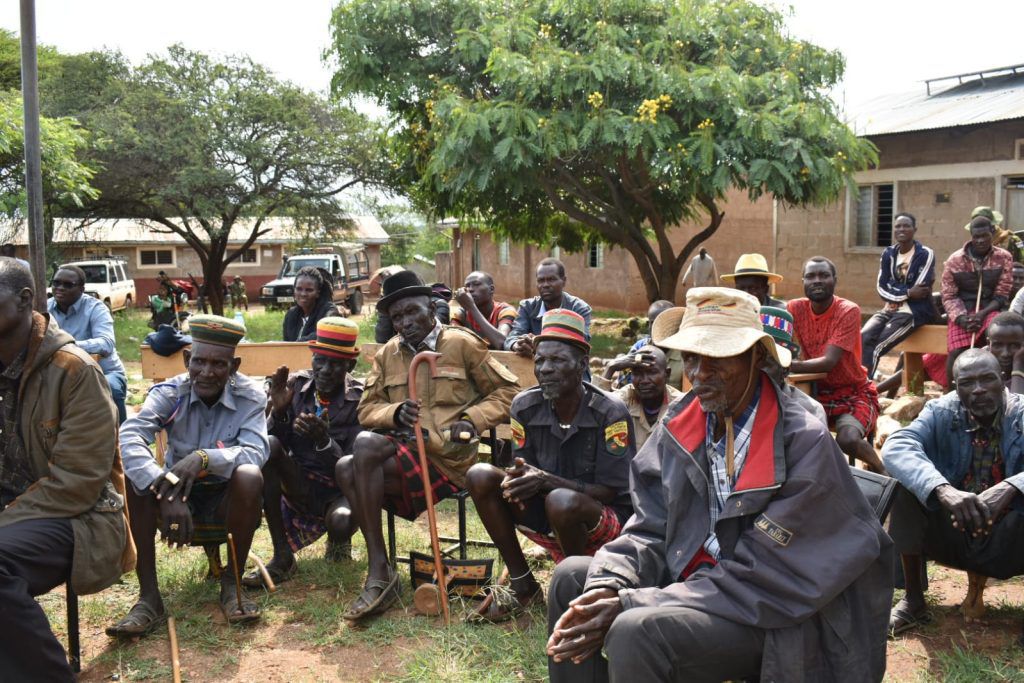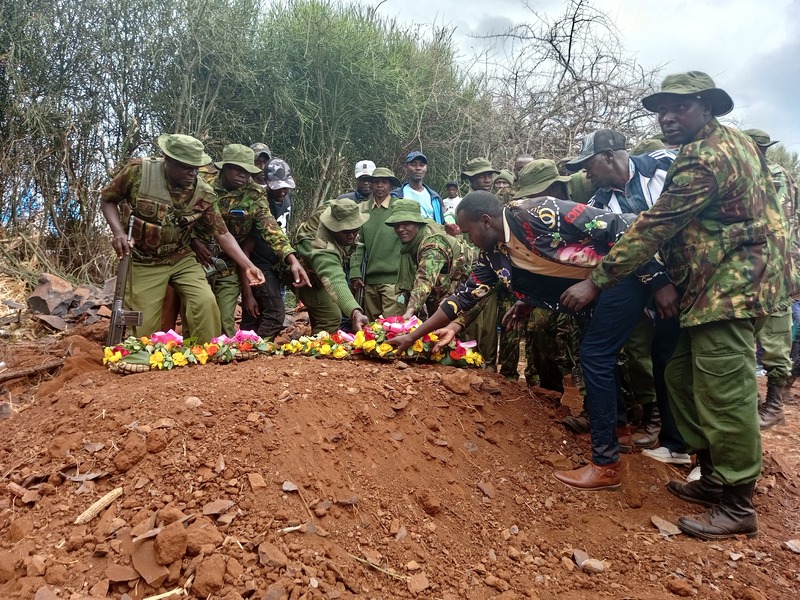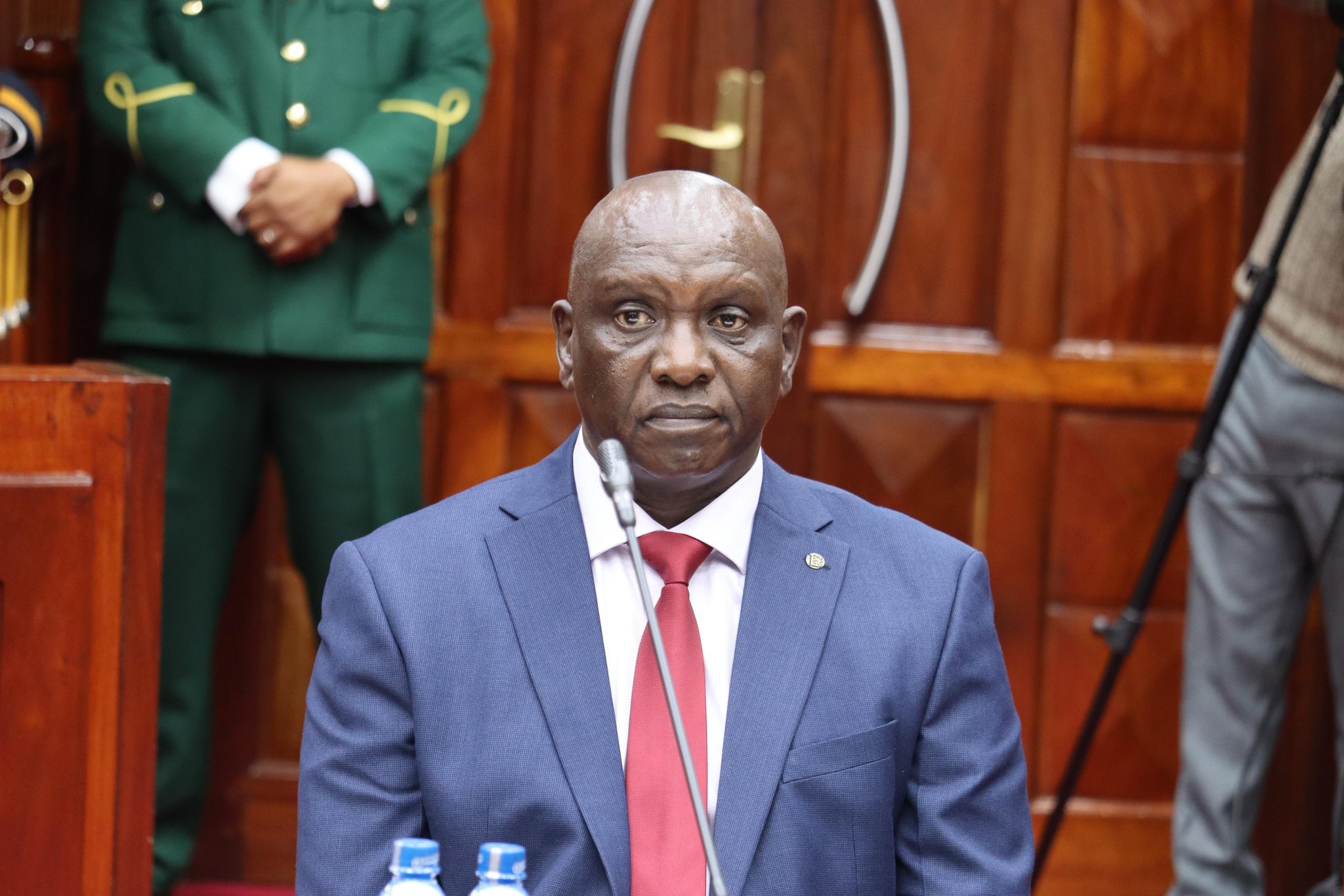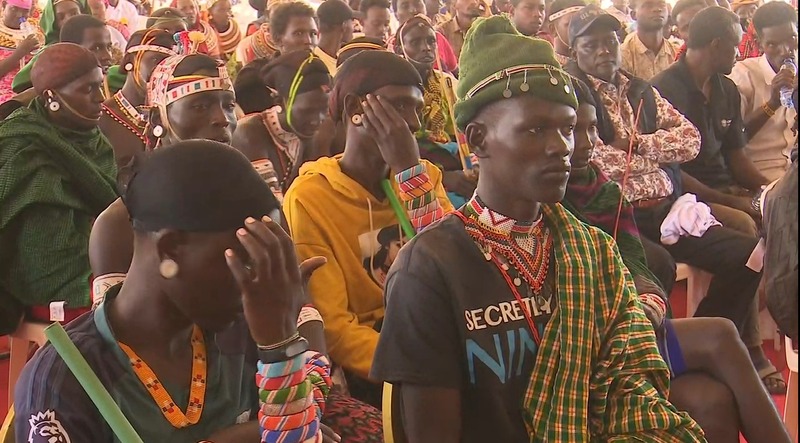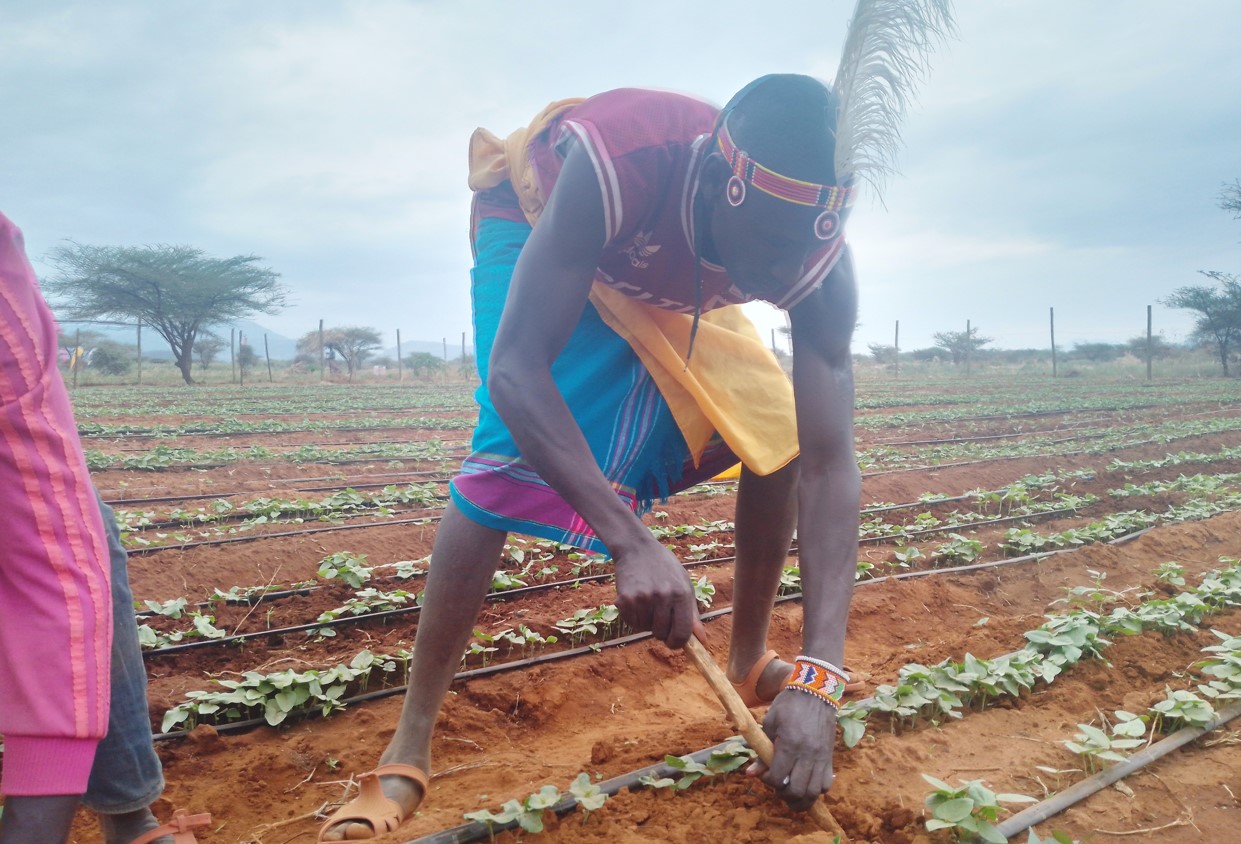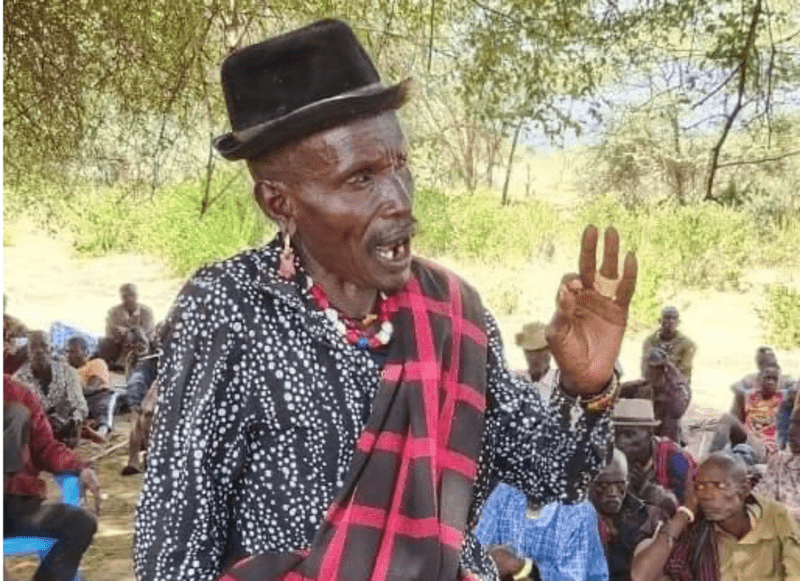Crackdown on bandits bears fruit as number of stolen cattle drops
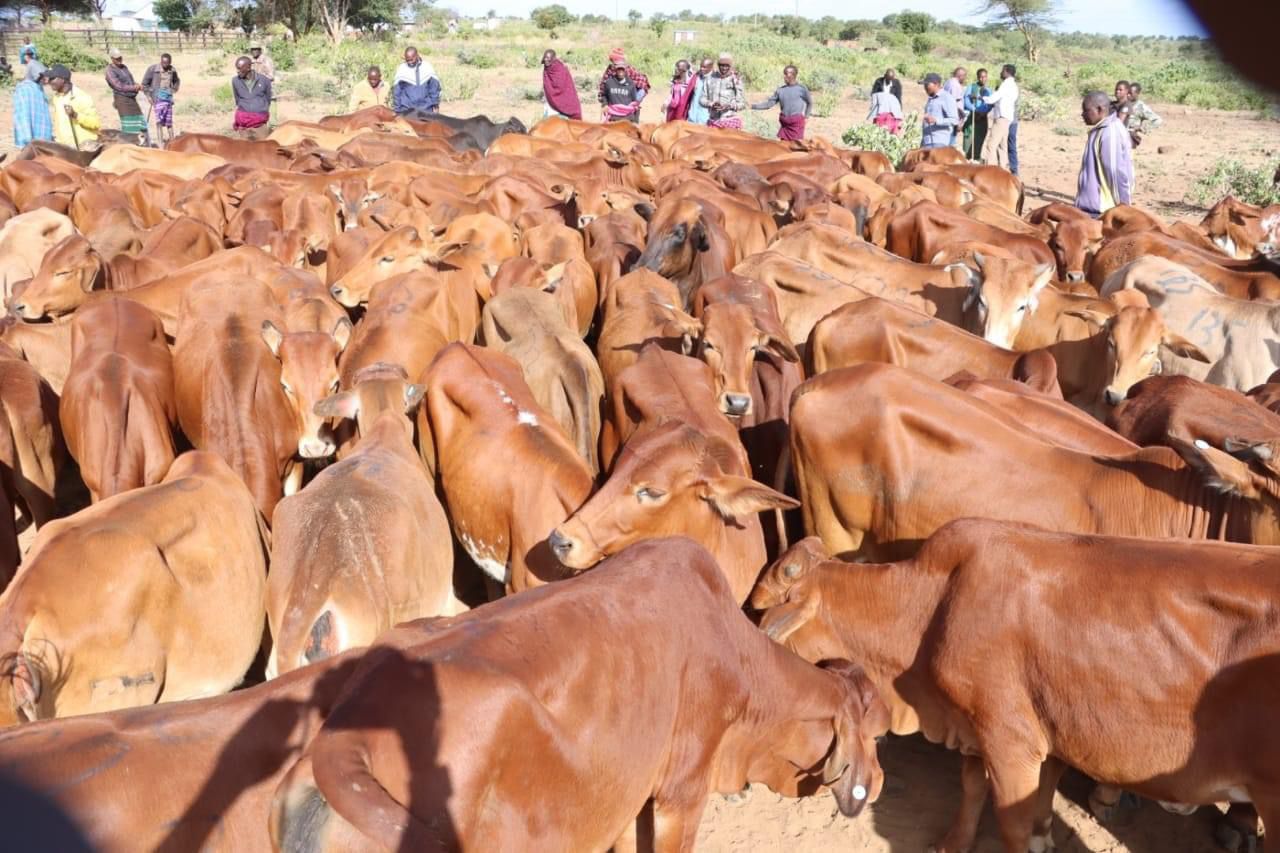
By Maureen Kinyanjui |
The government is also pushing for more community sensitisation to reduce the cultural acceptance of cattle rustling and encourage alternative livelihoods.
Cases of cattle rustling in Kenya have reduced, with the number of stolen livestock dropping by over 39,000 animals between 2023 and 2024.
According to a security report submitted to Parliament by President William Ruto, the number of cattle stolen in regions hit by banditry dropped from 63,054 in the previous year to just 23,668, a decrease of 39,386 animals.
Keep reading
- Reformed warriors in Turkana receive Sh2.5 million to support business start-ups
- Isiolo steps up security as bandit attacks claim lives, Governor Guyo pledges justice
- State to vaccinate 72 million livestock from January to curb diseases
- Govt research reveals a dangerous drift in cattle rustling, banditry in Kenya
The report indicates that this improvement follows the government's intensified efforts to address the complex issues fuelling cattle rustling, including competition over limited pasture and water, recurrent droughts, political incitement, and the availability of illegal firearms.
As part of the fight, the government has rolled out multi-agency operations in areas prone to banditry, with notable success in counties such as Baringo, Turkana, Samburu, Elgeyo Marakwet, West Pokot, and Laikipia.
"The enhanced multi-agency operations in these areas have led to a significant reduction in cattle rustling," President Ruto noted in the report, referencing the coordinated efforts under Operation Maliza Uhalifu.
These operations have not only reduced the theft of livestock but have also resulted in the recovery of 10,173 heads of cattle during the period under review.
Rebuilding affected communities
The government has also been proactive in implementing civil-military cooperation (CIMIC) projects aimed at rebuilding communities affected by insecurity.
These initiatives have included the rehabilitation of 26 schools in the North Rift and Upper Eastern regions, which Ruto stated as crucial for promoting peace and fostering community development.
"The rehabilitation of schools in conflict zones has played a pivotal role in stabilising these regions," the president said.
In addition to security operations and community rebuilding projects, the government is taking steps to further combat cattle rustling through long-term strategies.
These include the construction of access roads to improve connectivity in remote areas, the introduction of livestock branding to facilitate the recovery of stolen cattle, and ongoing monitoring of livestock markets.
"We are committed to introducing livestock branding as part of our effort to ensure stolen cattle can be traced more effectively," Ruto explained.
Community policing
Further measures include training and deploying National Police Reservists (NPR) to support security efforts, as well as intensifying community policing to enhance local information-sharing and disrupt criminal activities.
The report also highlighted legislative reforms being pursued to deter cattle rustling.
"We are advocating for legislative reviews to introduce harsher penalties for those involved in cattle rustling," the president stated, stating the government's determination to curb the vice through legal action.
Looking ahead, the government is also pushing for more community sensitisation to reduce the cultural acceptance of cattle rustling and encourage alternative livelihoods.
"We are promoting soft-power approaches, including awareness campaigns on the negative impacts of cattle rustling and offering alternative sources of income for affected communities," Ruto said.
Reader comments
Follow Us and Stay Connected!
We'd love for you to join our community and stay updated with our latest stories and updates. Follow us on our social media channels and be part of the conversation!
Let's stay connected and keep the dialogue going!


